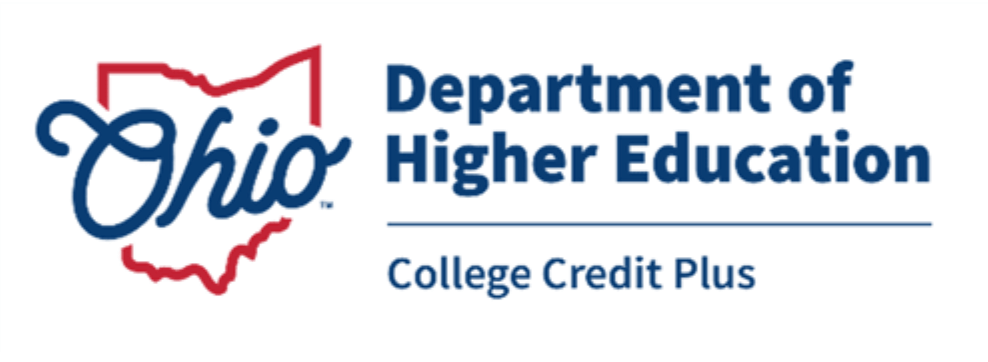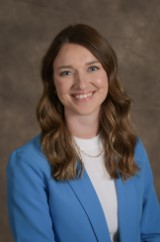Parents & Student Information
What is College Credit Plus?
College Credit Plus is Ohio’s dual enrollment program for students in grades 7-12. To participate, you must be an Ohio resident and attending an Ohio secondary school or receiving homeschool instruction.
Students can earn high school credit and college credit at the same time. Students enrolling in college courses must adhere to the college’s policies.

CCP Options
Option A
Enroll in courses at NSCC with the intent of receiving college credit only. In this option, the learner is responsible for the cost of tuition, fees, and books.
Option B
Enroll in courses at NSCC with the intent of receiving high school and college credit. In this option, the tuition, fees, and books are paid for through state funding and your school district.
Additionally, learners would be responsible for costs beyond that of the approved maximum number of semester hours allowed by legislation per academic year.
Mature Content Statement: The subject matter of a course enrolled in under the College Credit Plus program may include mature subject matter or materials, including those of a graphic, explicit, violent, or sexual nature, that will not be modified based upon College Credit Plus enrollee participation regardless of where the course instruction occurs.
Additional Information
Eligibility Requirements/Admissions Steps
Application Deadlines
- Summer – April 1st
- Fall – April 15th
- Spring – November 1st
Frequently Asked Questions
Please refer to the Ohio Department of Education’s website for frequently asked questions about Ohio’ College Credit Plus program.
High School vs. College
Managing Time
Your routine can change every day as opposed to the daily schedule routine of a high school structured environment. For example, your class style may vary, attendance policies may be different and your time management may change.
Balancing Responsibilities
In high school you have direct support from parent/guardians, but students in CCP will be treated as college students where instructors will not necessarily know if they are CCP or not. For example, students are expected to initiate contact with instructors, students follow the course syllabus on their own, and expectations may not be repeated as regularly in college coursework.
Grading and Assignments
In high school, grades are given for most assignments and homework. In college, tests and major papers have more weight and may require the student to organize their own study topics. For example, some courses may be writing-intensive, testing can cover large amounts of information, and make-up tests may not be an option in college coursework.
Time Spent Outside of Class
In high school, you may often have time to complete assigned readings in class, but in college, readings are often completed before the session where topics will be discussed. For every hour spent in a college class, you should plan on about 3 hours of work outside of class
Results Matter
In high school, there are often ways you can improve your grade outside of academic performance, but in college there will be less opportunities like this. For example, extra credit is rare and your grade is a direct result of test, project, and paper performance.
Transportation
You are responsible forgetting to and from campus if taking classes in person.
GPA and Transcripts
College classes count towards high school and college GPA. Consider their effect.
School Delays and Closings
If your high school closes or delays, you are still responsible for coming to your college classes. Online classes do not “close”.
Helpful Links
Pathways
NSCC has developed a few sample pathways that students may consider taking through the College Credit Plus program. Ultimately, students can take any class that meets their educational goals.
Contact Us

Ann Fether
Email: afether@northweststate.edu
Phone: 419-267-1513
Territories: Serving CCP students from Fulton, Paulding, Putnam, Van Wert, Mercer, and “Other” counties

Maddie Robinson
Email: mrobinson@northweststate.edu
Phone: 419-267-1229
Territories: Serving CCP students from Henry, Williams, and Defiance counties
